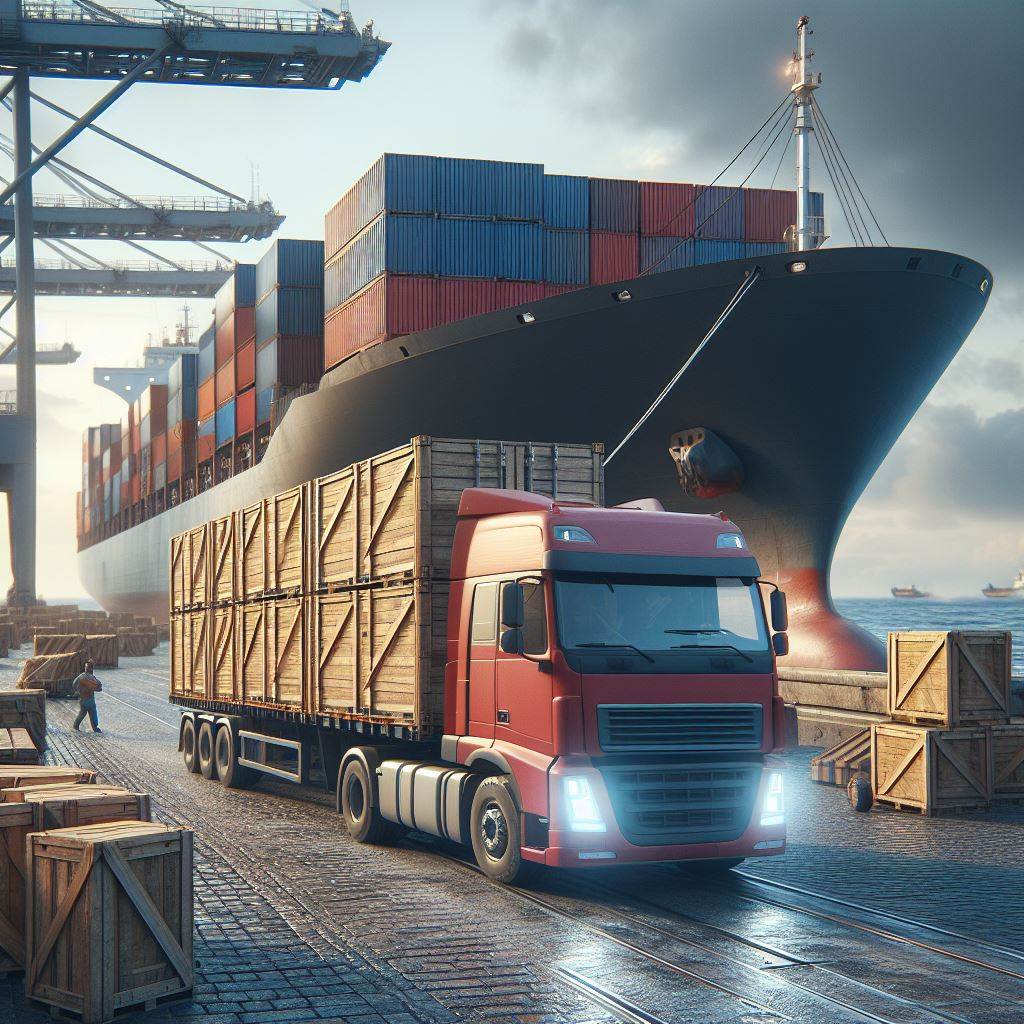Ease of use
From an “all-in-one” perspective, it makes better sense to let a bonded transportation provider with a bonded warehouse move ship-landed spares in-bond, because in most cases the agent or the transportation provider can file the in-bond entry themselves.
There’s rarely much thought given to including a Customs broker. Often, this adds time and expense to the equation: time for the broker to respond, and later invoice. And the invoice is usually a premium.
However, coordinating with a broker that understands the manifest process, the conflicts of steamship agency coordination, and the transportation challenges can render much smoother and inexpensive results.

Flexibility = Reliability
Engaging the broker to file a consumption or informal entry on the spares to be landed provides flexibility to who can transport the spare (anyone!) and where it can be stored (anywhere!), once it is released by Customs.
Are you likely to exceed the time given by Customs to store an in-bond landed spare before exporting it?
As an agent or logistics manager, this is a decision that has to be made before passing it off to a transportation provider make it for you.
For low-value spares being declared from the high seas, there’s almost no downside to having a broker involved: when in doubt, make it domestic.
The next time an internationally registered vessel asks to land an item of dubious or modest value, consult your broker. You may find that the answer was right in front of you.

